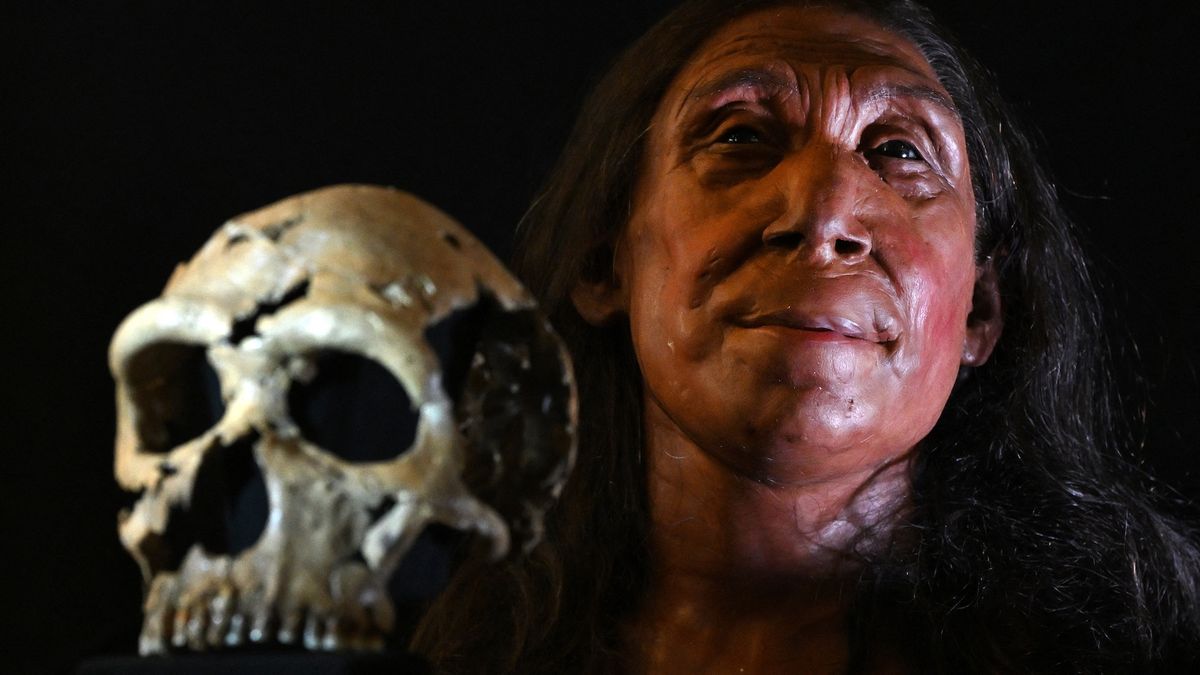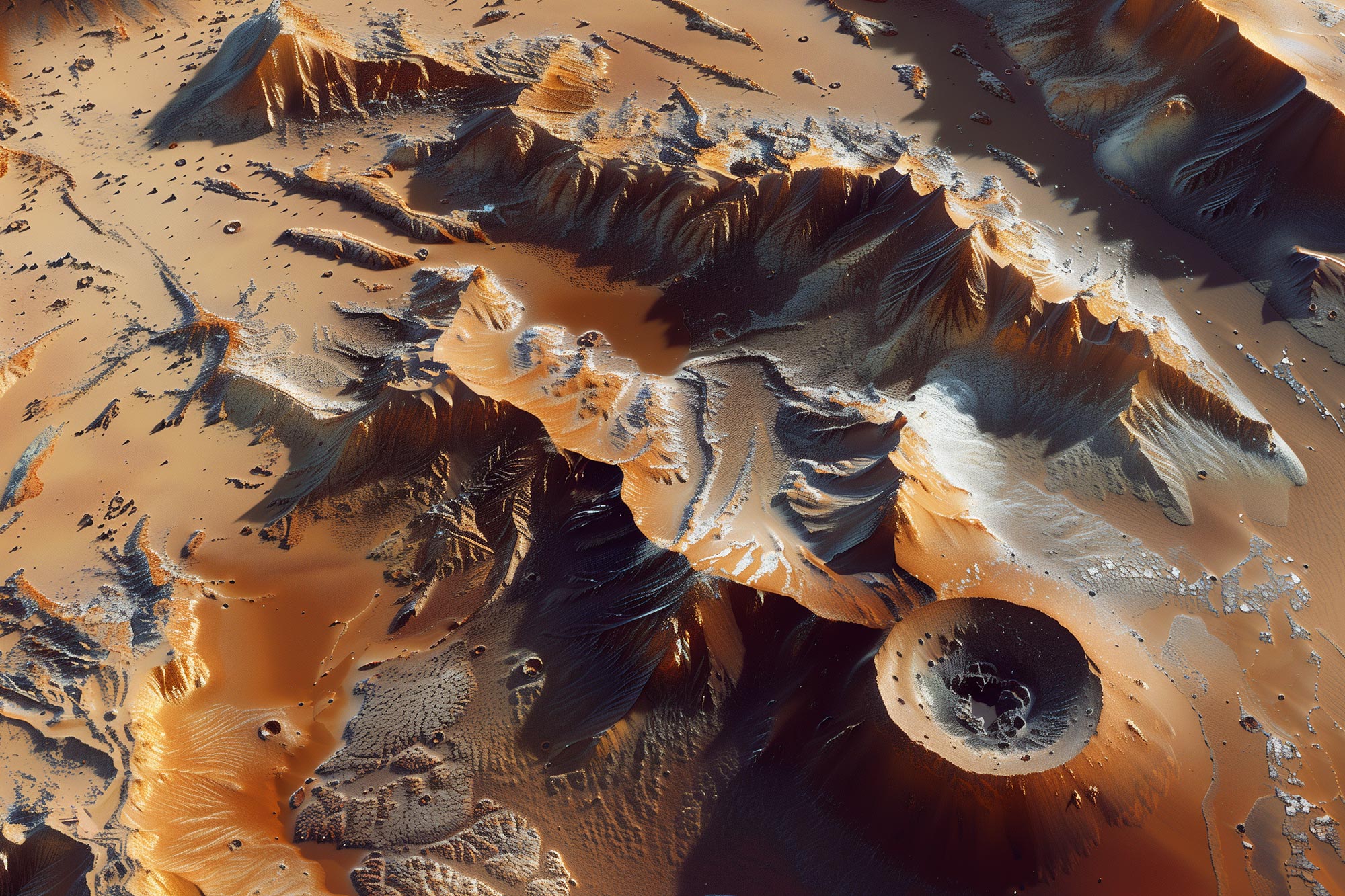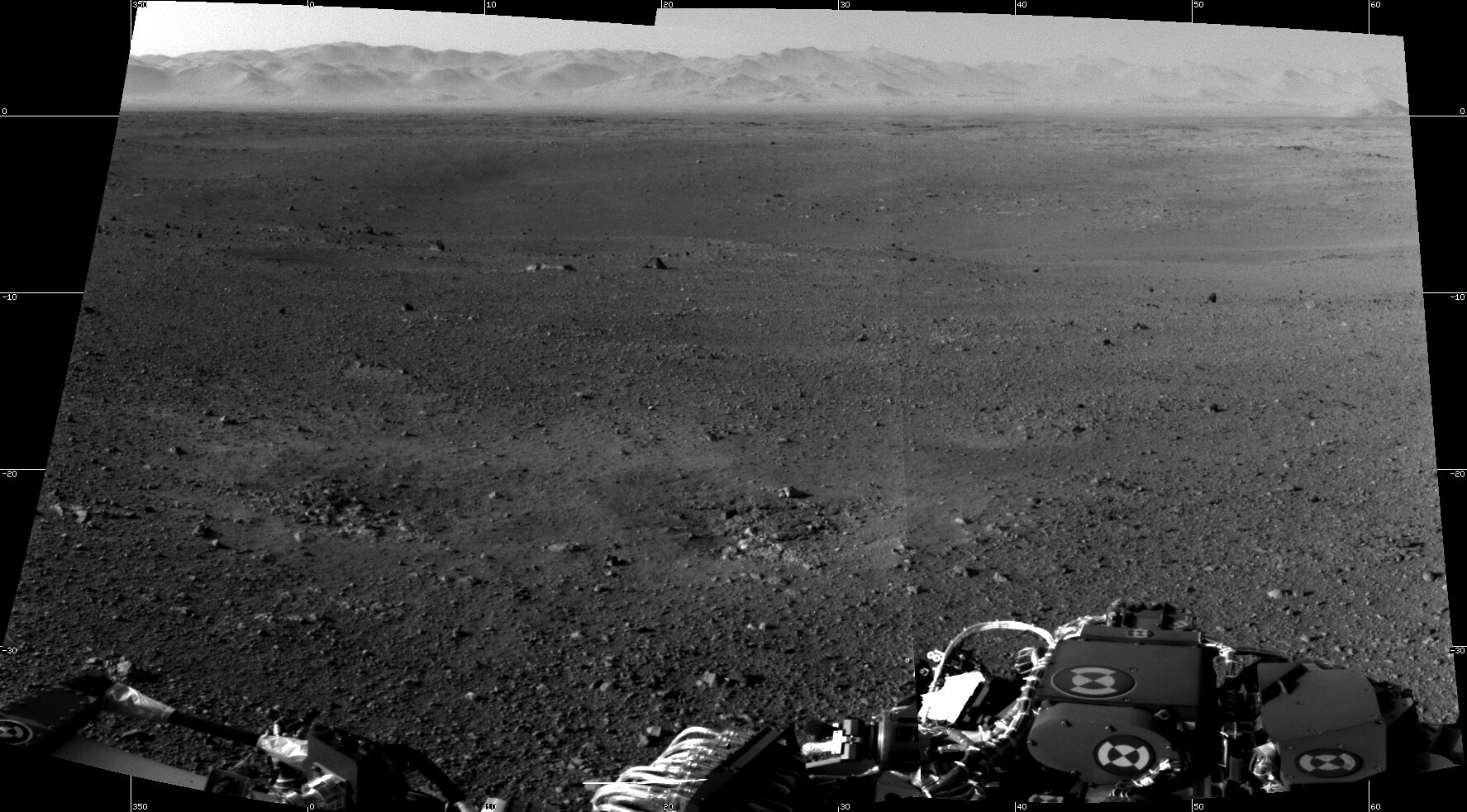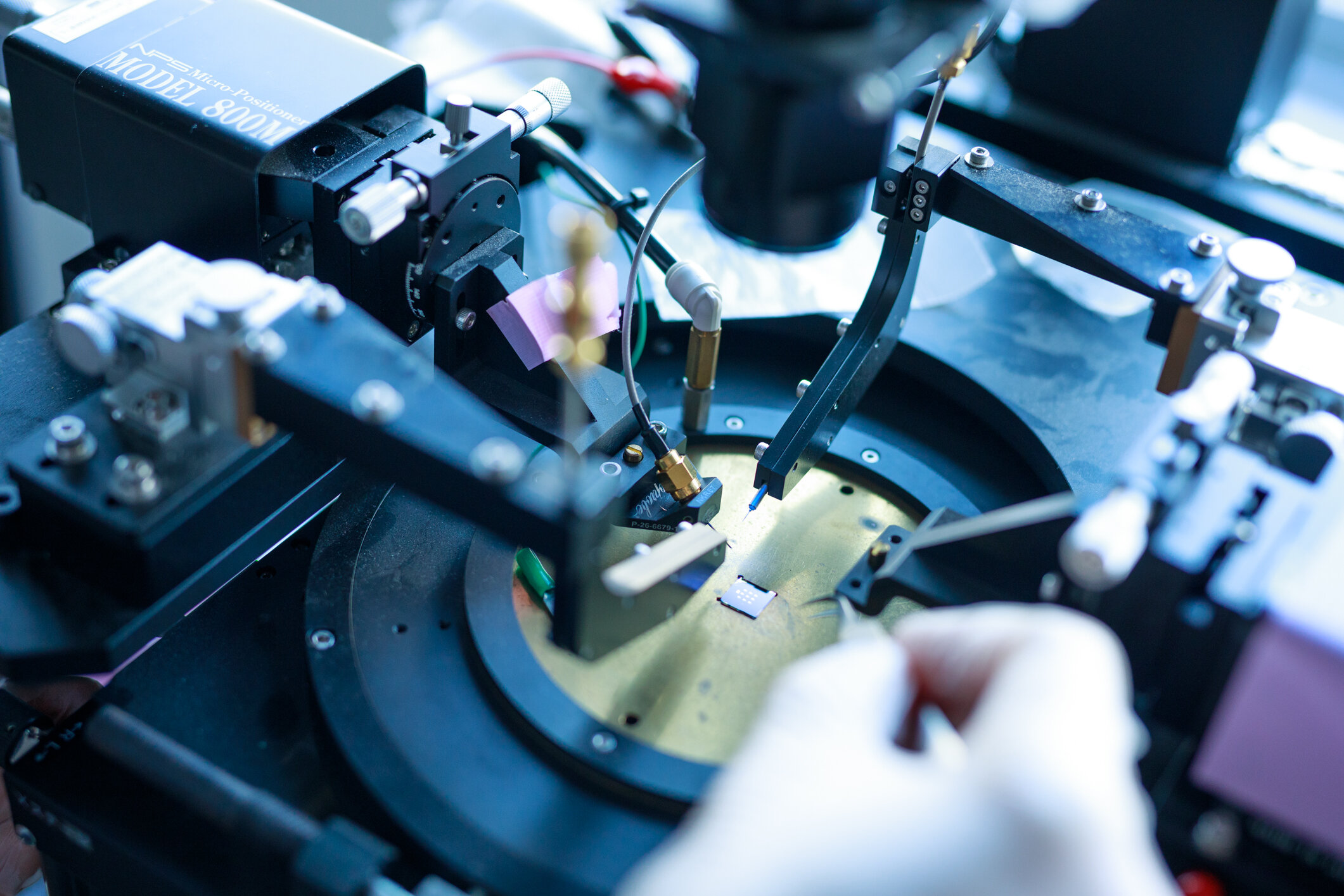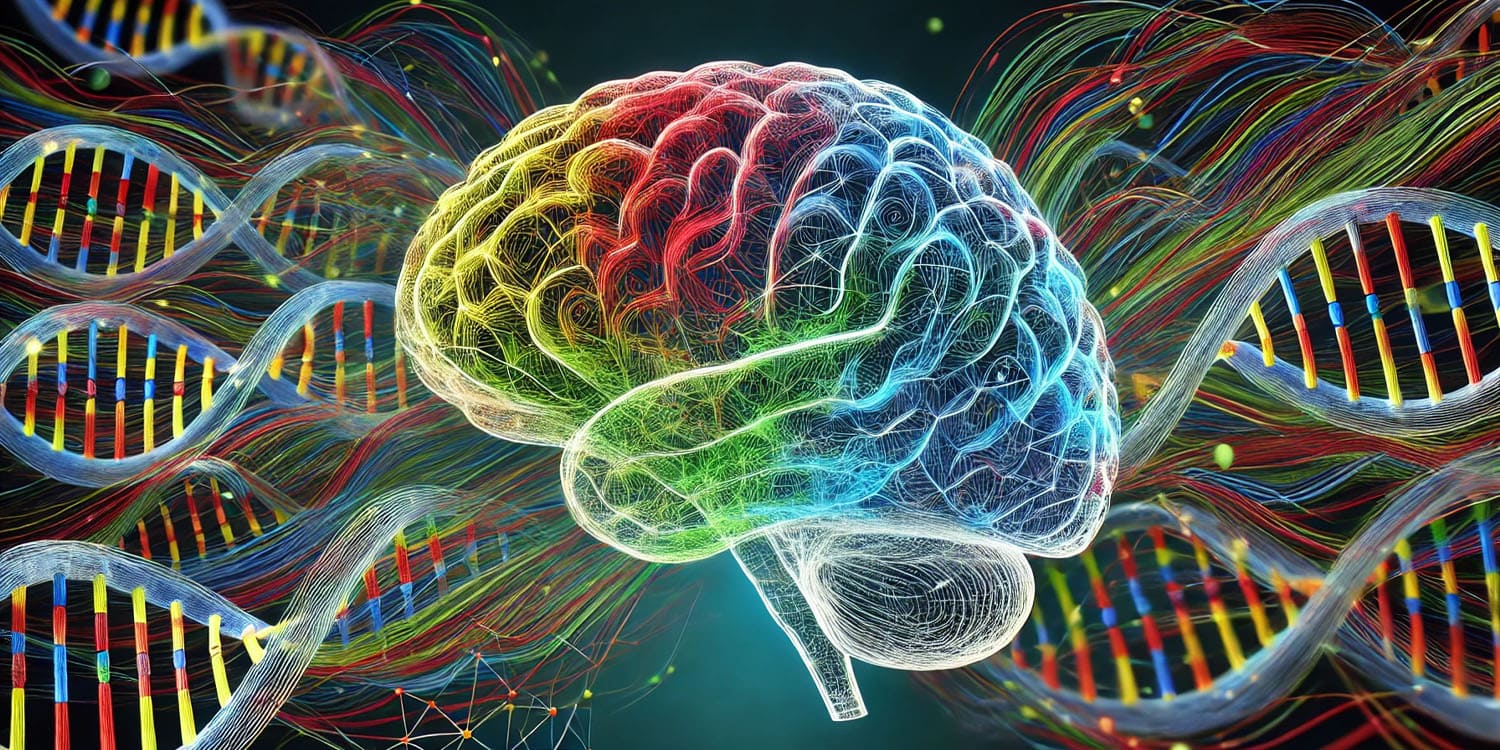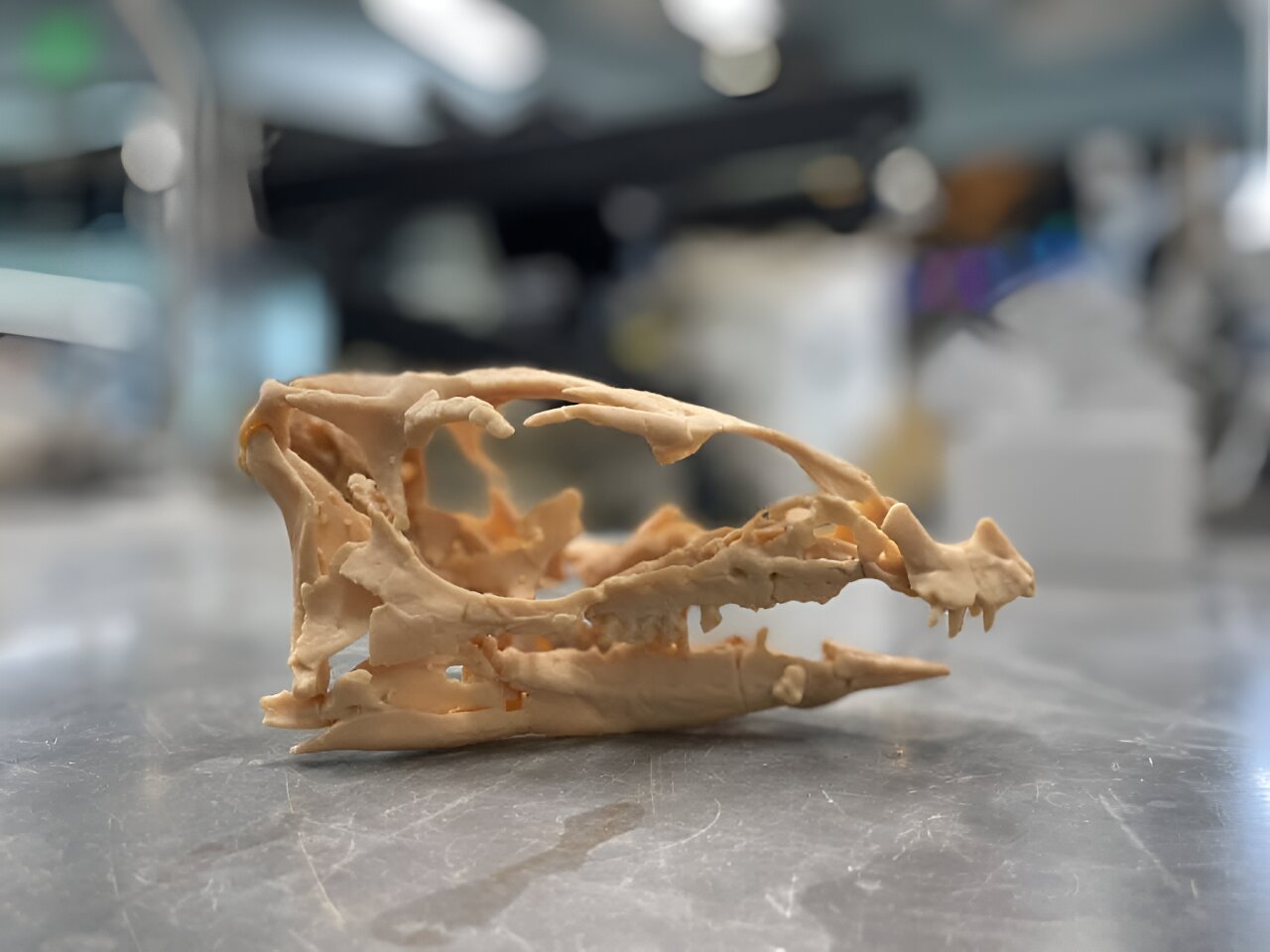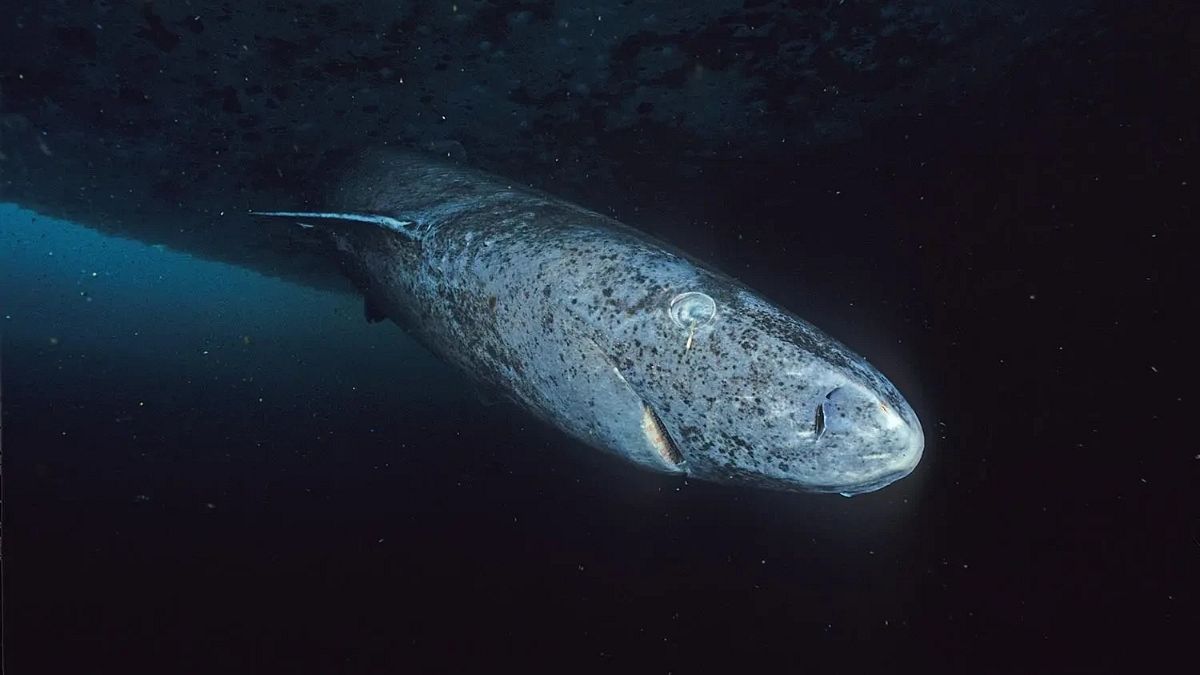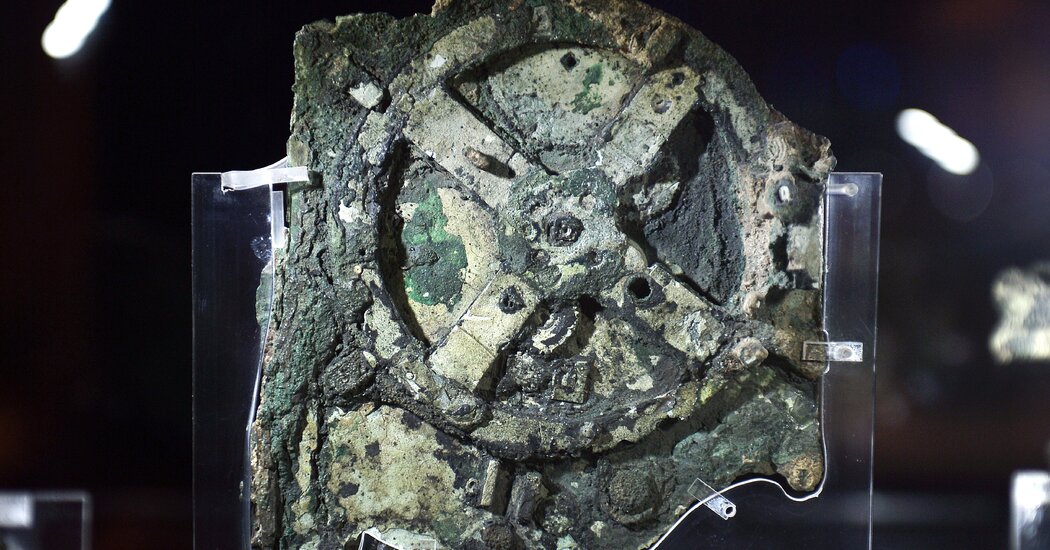Autism can be reversed, scientists discover
Scientists have discovered that severe autism can be reversed and symptoms can be reduced to a level where they are no longer distinguishable. Two non-identical twin girls in the US were diagnosed at 20 months of age with a level of autism requiring “very substantial support.” In a groundbreaking study, their parents worked with a … Read more

